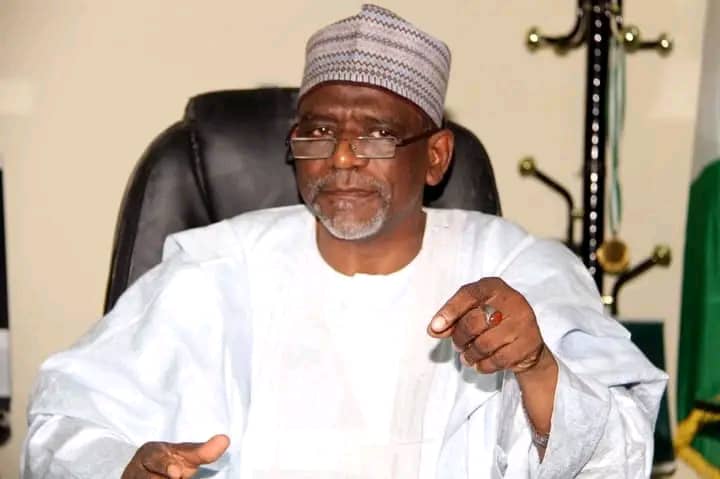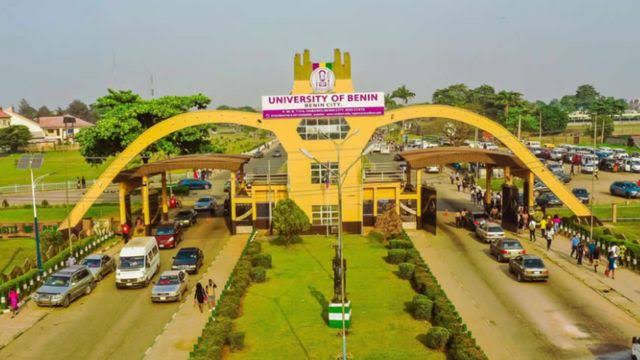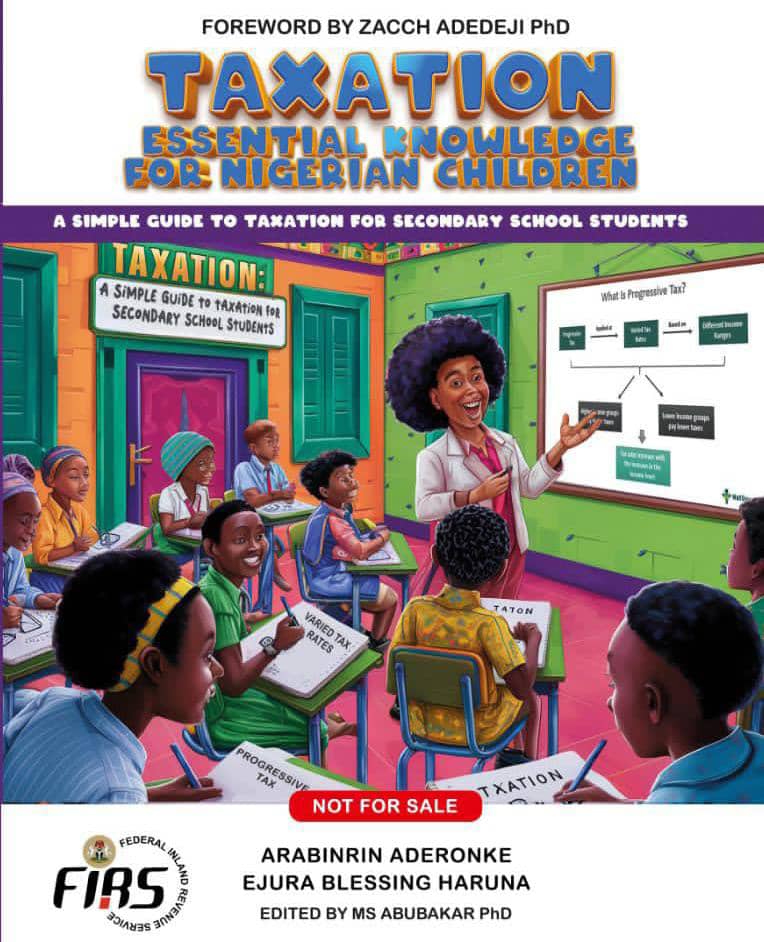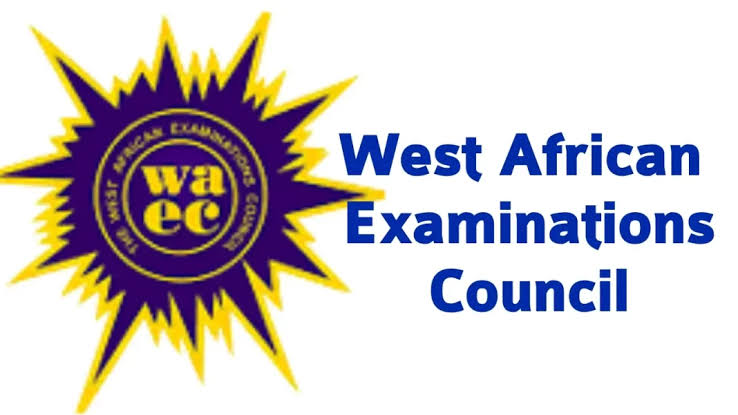Education
North Is In Self-imposed Educational Backwardness Because Their Interest Is Islam – Minister Of Education

North Is In Self-imposed Educational Backwardness Because Their Interest Is Islam – Minister Of Education
Minister of Education, Adamu Adamu, has bemoaned the educational backwardness he claimed is prevalent in the Northern region of the country.
Speaking at the public presentation of Core Curriculum Minimum Academic Standards (CCMAS) Book 1 series for Nigerian universities and a book in his honour in Abuja on Tuesday, May 16, Adamu said the educational backwardness is prevalent because the North’s interest is Islam.
He also said the National Universities Commission (NUC) drive for more private universities in the country, is paying off following the establishment of more institutions in Northern Nigeria in recent times.
RELATED STORY :Yahaya Bello Wins Global Excellence ‘Governor Of The Year’ Award
The Minister also revealed that out of the 37 new private universities approved by the Federal Executive Council on Monday, May 15, a large of them are situated in the North.
Adamu continued: “The North is in self-imposed educational backwardness because the interest of the North is Islam, and Islam is the greatest promulgator of knowledge.
“In 859 AD, one Fatima Al-Fihri (sic), a woman-Muslim woman established the first university in the world, at the time, the Italian universities, Oxford, and Cambridge universities have not started, the first university still existing there, it is now in Morocco.
“About 100 years after that one, another university was established, the second university in the world before the universities of Europe, in Cairo and just like the first one, this university was established by a Muslim woman, Fatimatu Zahara.
“So the first two universities in the world were established by Muslim women and here people are using Islam to keep women at home. I think it does not make sense.”
North Is In Self-imposed Educational Backwardness Because Their Interest Is Islam – Minister Of Education
Education
UNIBEN Partners with OpenBinacle to Preserve African Languages

UNIBEN Partners with OpenBinacle to Preserve African Languages
……Collaboration Aims to Promote AI-Driven Language Preservation
The University of Benin (UNIBEN) has joined forces with OpenBinacle, a Nigerian-owned tech company, to advance the preservation and promotion of African languages through the use of Artificial Intelligence (AI) and Machine Translation (MT).
The partnership, formalized through a joint statement issued in Benin, focuses on standardizing and preserving indigenous languages across Nigeria and Africa. Vice-Chancellor of UNIBEN, Prof. Lilian Salami, praised the collaboration, highlighting its alignment with the university’s mission of being a globally recognized institution in research and education.
OpenBinacle’s CEO, Emmanuel Gabriel, emphasized that the initiative would foster the development of AI researchers and software developers, enhancing language translation technologies across the continent. The project aims to preserve over 2,000 African languages, providing job opportunities and technical training for students and youths.
Education
Sprezzatura Publishing Introduces Innovative Resource for Young Learners

Sprezzatura Publishing Introduces Innovative Resource for Young Learners
By Halima Abdulkadiri
Sprezzatura Publishing Limited has launched a pioneering new book titled “Taxation: Essential Knowledge for Nigerian Children,” authored by Arabinrin Aderonke and Ejura Blessing Haruna. The 147-page guide is designed to make the complex topic of taxation accessible and engaging for young readers in Nigeria.
The book opens with a foreword by Dr. Zacch Adedeji, Chairman of the Federal Inland Revenue Service (FIRS), underscoring the importance of early tax education. Dr. Adedeji highlights the role of tax knowledge in shaping financially responsible citizens, emphasizing its relevance to the nation’s democratic future.
Structured into 13 chapters, the book covers various aspects of taxation, from its historical roots to the different types of taxes and the government’s role in tax collection. The authors utilize simple language and relatable examples, making the subject approachable for children and young adults.
To further enhance learning, the book includes interactive elements such as questions and activities at the end of each chapter. This method not only reinforces key concepts but also encourages readers to actively engage with the material, fostering a deeper understanding.
“Taxation: Essential Knowledge for Nigerian Children” is being recommended for educational institutions across Nigeria, offering a valuable resource to equip young minds with the knowledge needed for their financial futures.
Education
WAEC announce 215,267 Results Over Exam Malpractices, Records 73.79% Pass Rate

WAEC announce 215,267 Results Over Exam Malpractices, Records 73.79% Pass Rate
The West African Examinations Council (WAEC) announced the release of the 2024 West African Senior School Certificate Examination (WASSCE) results on Monday, revealing that 73.79% of the candidates achieved credit passes in at least five subjects. However, the results of 215,267 candidates, representing 11.92% of the 1,805,216 candidates who took the exam, have been withheld due to various cases of examination malpractice.
Dr. Amos Dangut, Head of WAEC Nigeria, stated that the 2024 exam was conducted over seven weeks, from April 30 to June 24, across Nigeria. He noted that 1,301,941 candidates, or 72.12%, obtained credits in five subjects, including English Language and Mathematics. Additionally, 93.39% of the candidates had their results fully processed and released, while 6.61% are still under processing.
Dangut attributed the withholding of results to incidents of malpractice, including the use of cell phones in examination halls and organized cheating in certain schools. The number of withheld results this year is 4.37% lower than in 2023, where 16.29% of results were withheld.
Investigations into the malpractice cases are ongoing, and decisions will be made by the appropriate WAEC committee. Candidates whose results have been withheld will be informed through their schools, and they have the option to appeal via the WAEC website.
Furthermore, Dangut highlighted that the results of candidates from states owing the council will not be released until the debts are settled. The WASSCE was conducted in four WAEC member countries: Nigeria, Gambia, Sierra Leone, and Liberia.
-

 Health5 months ago
Health5 months agoOnly 58,000 doctors renewed licence out of 130,000 registered doctors – MDCN
-

 Business1 year ago
Business1 year agoNew Rates: ‘I borrowed money to finance this business…’ – Petroleum Marketer cries out over Non-supply of products by the NNPCL
-

 Entertainment2 months ago
Entertainment2 months agoBBNaija Season 9: TAMI Duo Evicted After Low Vote Count
-

 Defence & Security1 month ago
Defence & Security1 month agoOrganisers Demand IGP’s Dismissal Over Fatal Protest Crackdown
-

 Defence & Security1 month ago
Defence & Security1 month ago“Defence Chief Praises Strong Inter-Service Cooperation for Operational Successes”
-

 Business2 years ago
Business2 years agoNew Naira Notes: We Have No Information On The Supreme Court Ruling – CBN
-

 Weather2 months ago
Weather2 months agoNiMet Forecasts 3 Days Thunderstorms, Rain Nationwide
-

 Opinion2 years ago
Opinion2 years agoAddressing Nigeria’s food security challenge through eco-friendly agriculture


